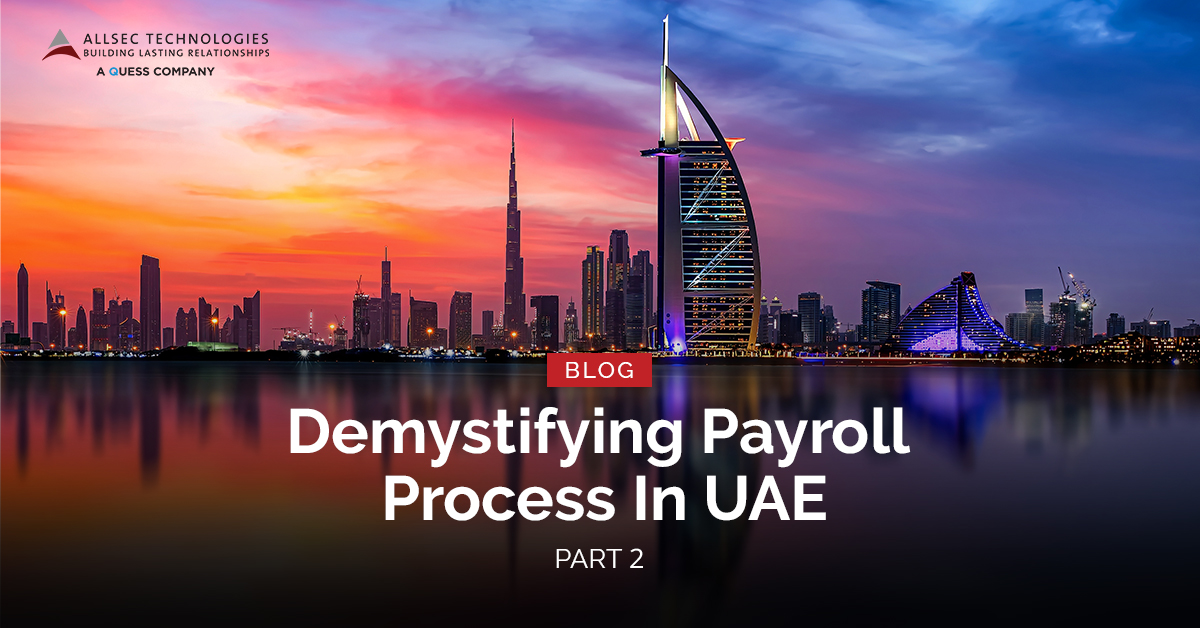
Managing payroll in the UAE can be a complex endeavor, given the diverse expatriate workforce and evolving local regulations. To help HR and payroll professionals navigate these challenges, we have created a comprehensive guide that provides valuable insights into payroll management in the UAE. Whether you’re new to UAE payroll or seeking to enhance your existing knowledge, this guide is a valuable resource. We recommend starting with our first article on UAE payroll, which lays the foundation for understanding the basics. Building upon that, our second article delves deeper into key topics such as overtime regulations, gratuity calculations, end-of-service benefits, and more. Let’s navigate the intricacies of payroll management together.
Overtime
Overtime refers to the additional working hours by the normal work schedule. UAE’s labour laws states that an employee’s normal working day should not exceed 8 hours or 48 hours per per week. However, the working hours may be increased to nine hours per day in case of persons employed in trade, hotels , cafeterias guards.
- For extra hours beyond normal working hours, employees should receive their Basic Wage plus an additional 25%.
- If overtime occurs between 9 p.m. and 4 a.m. on a working day, employees should receive their Basic Wage plus an extra 50%.
- If an employee is expected to work on a Friday or other public holidays, he must be granted either a compensatory day off or receive his basic salary plus an additional 50% of his hourly wage.
Gratuity
In UAE, Gratuity is calculated based on the last drawn basic salary. Employees accrue gratuity as follows:
- Twenty-one days’ pay for every year of the first five years of service.
- Thirty days pay for every additional year.
The total remuneration should not exceed two year’s pay. It is important to note that while computing the period of service, the days of absence from work without pay are not included.
Dubai International Financial Center (DIFC) introduced a plan called DIFC Dews, where employers make a monthly contribution to the fund that manages an employee’s gratuity accrual.
EOSB
Employees who have completed one year or more in continuous service are entitled to various end-of-service benefits, including gratuity, repatriation tickets (if applicable), notice period pay (if applicable), unutilized leave (vacation) pay, and other outstanding payments or deductions.
Employers may be fined for late payment of salary at a daily rate of 0.1% for each day of the contribution by the GPSSA. In addition, failure to register eligible employees by the employers can also attract a fine of AED 5,000 per case by the GPSSA.
Airfare Eligibility
Expatriate employees in the UAE are eligible for airfare benefits, with the amount varying based on their grades and visa applicability. Employers generally provide return air tickets to home countries every two years for industrial labourers, and every year for corporate employees. However, some companies may also extend this benefit to employees’ dependents. Implementing a fully automated system can streamline the airfare management process and minimize manual tracking.
Concluding Note
In conclusion, navigating the complexities of payroll processing in the UAE requires a deep understanding of regulations and considerations. At Allsec, we offer comprehensive payroll consulting services, ensuring compliance with WPS standards, accurate reports, efficient accrual management, and user-friendly access to payslips. With our industry experience and dedicated team, we are here to support your business and help optimize your payroll operations. Stay tuned for more informative content as we explore various aspects of HR and payroll management in the UAE, and feel free to reach out to us for any assistance you may need. Together, let’s unlock the potential of your payroll.


